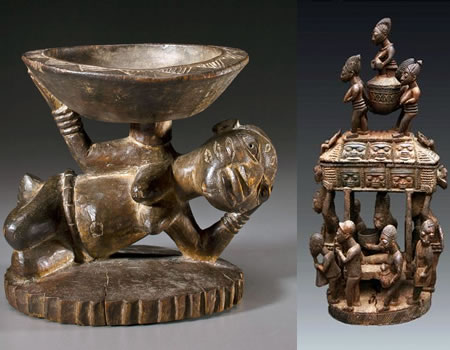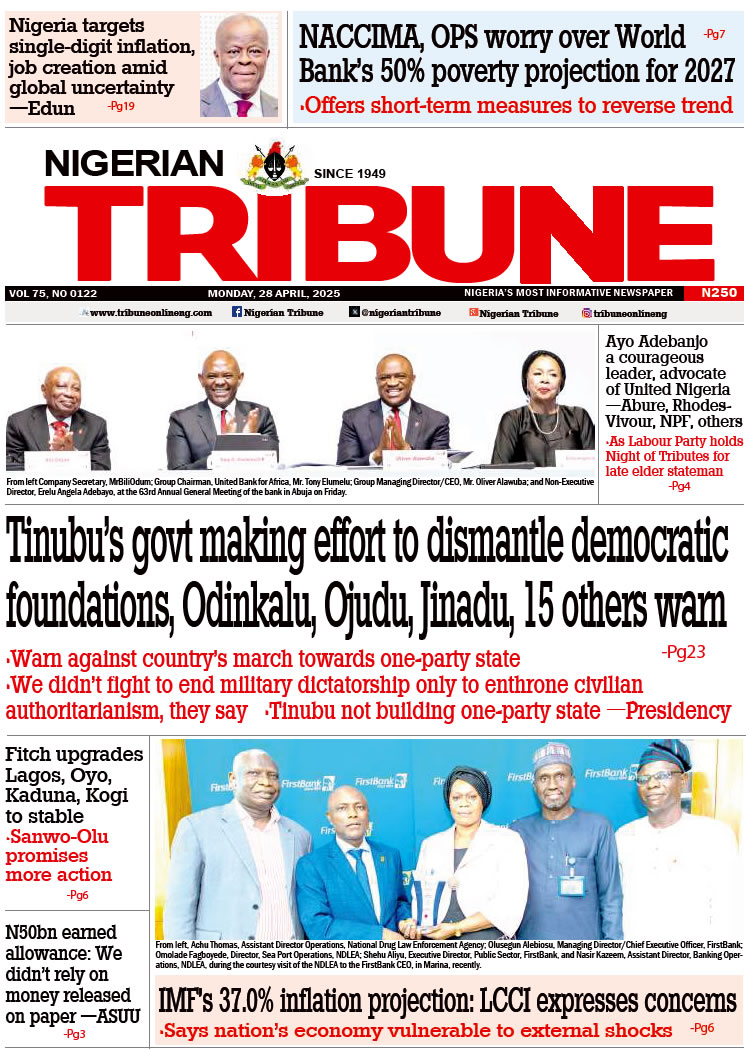ONE of the main challenges Nigeria is facing as a nation is unemployment. The high rate of youth unemployment is the main reason youths go into crime.
Today, the majority of crimes being committed are by well-educated youths who, instead of channelling their energy into productive ventures, direct them to crime.
Most of the people being prosecuted for internet crimes today are all well-educated youths who, if properly directed, can contribute positively to the development of the country.
Now, one of the easiest ways through which youths can be gainfully employed is for the government at all levels to focus on arts and craft.
For example, youths can be trained in making tye and dye materials, artworks, woven baskets, artistic necklaces, slippers made from used tyres, among others, with special focus on export.
While many Africans don’t value what they have, these products are ‘hotcakes’ in Western countries and this can help generate the needed foreign exchange.
In fact, one good thing is that interested youths may not really need to learn how to produce these products, but can source them out and with their knowledge of the internet, they can begin to sell the products globally. This will then eliminate the need to dupe foreigners in phantom projects since they can easily sell their products and make thousands of dollars.
Also Read: FG to establish 24 skills, innovative centres
Having said this, it is important for the government, schools and even religious organisations to start projecting how unemployment can be tackled with arts and crafts.
Nigerian youths should be enlightened that they can even generate as much foreign currency from arts and craft, which is legal and gives peace of mind, compared to fraudulent internet activities.
It is, therefore, expected that the Ministry of Education at the federal and state levels can take up this challenge by making arts and craft compulsory in the school curriculum.
The National Museum too has been at the forefront of training Nigerians, especially housewives, widows, unemployed women and youths on arts, especially in tye and dye, and the education ministry can partner with this federal Government agency on how to expand the training.
- Lawal is Assistant Museum Education Officer, National Museum of Unity, Ibadan.








